Essential oils can have a huge range of health and well-being benefits for people. But unfortunately, they aren’t safe to use in cats. In fact, they are so toxic to cats that even using essential oils in your home could be a risk.
What Are Essential Oils?
Essential oils are made from the extracts of plants with particular scents or healing properties. These plants are steamed or pressed to produce a concentrated oil that captures their special property.
Essential oils can be inhaled or diluted and applied to the skin to stimulate different responses in the brain—this is called aromatherapy. Aromatherapy can be used in people for anything from relaxation to helping certain medical conditions. Or you might just enjoy using them to make your home smell nice.
But while essential oils can have excellent health and well-being effects for us, they can be very dangerous for cats. This is because cats lack a particular enzyme in their liver that metabolizes them. They are also sensitive to the carrier oil used to dilute the essential oil. Therefore, almost all essential oils are toxic to cats. But some common ones to be aware of include:
- Lavender
- Lemongrass
- Lime
- Citrus oil
- Tea tree oil
- Rosemary
- Geranium
- Mint varieties, including spearmint and peppermint
- Ylang ylang oil
- Cinnamon
- Clove oil
- Wintergreen
- Pine oils
- Eucalyptus oil
The more concentrated the essential oil is, the more dangerous it is for your cat. But even diluted essential oils have been known to cause serious illness.
Be aware that essential oils can also be found in products you might have around the house. These include room sprays, toiletries, cosmetics, insect repellents, and paint thinner.
Also Read: Are Humidifiers Good For Cats?
What About Tea Tree Oil?
You might have seen tea tree oil recommended as a ‘natural’ treatment for fleas in pets. So, I’ve given it a special mention here because tea tree oil can be extremely dangerous for cats.
Sadly, there are cases of neurological signs, coma, and even death in cats treated with pure tea tree oil. While most herbal remedies only contain low concentrations of tea tree oil, given how toxic it can be, they are probably still safest to avoid. You should also avoid using tea tree oil products in dogs who live with cats due to the risk of the cat licking it off their fur.
Symptoms of Essential Oil Poisoning in Cats
Cats can come into contact with essential oils through skin contact, ingestion (including licking them off their coat), or inhalation.
The symptoms of essential oil poisoning in cats vary depending on the type of essential oil and how it has come into contact with your cat, but may include:
- Irritated eyes and nose
- Coughing
- Skin damage
- Excessive drooling
- Shaking or tremors
- Wobbliness
- Vomiting
- Diarrhea
- Difficulty breathing
- Lethargy or depression
- Collapse
- Seizures
Essential oil toxicity can cause liver damage, coma, and even death. If you are worried your cat has come into contact with essential oils or is showing any of the symptoms above, you should contact your vet immediately. It can help to take the packaging with you so your vet knows what essential oil it might be and the strength.
Also Read: 11 Signs That You Need to Get Your Cat To the Emergency Room
How To Use Essential Oils When You Have a Cat
There are no essential oils that are considered to be safe for cats. Therefore, the best way to keep your cat safe is to not use or keep any essential oils at home.
However, if essential oils are an important part of your life, you can do a few things to minimize the risk to your cat while using them for yourself. Most importantly, you must never apply essential oils to your cat.
Store Them Safely
Licking spilled essential oils—either directly or from their paws or coat—is a common way for cats to come into contact with essential oils and become unwell. So you can’t be too careful when storing your essential oils.
Pack essential oils away when you have finished using them. Store them in sealed, leak-proof containers somewhere you are certain your cat can’t reach.
Use Well-Diluted Essential Oils
The more concentrated the essential oil, the more toxic they are to your cat. If possible, only keep well-diluted essential oils in the house so if your cat accidentally comes into contact with them, the effects will likely be less severe.
Choose Passive Diffusers
Passive essential oil diffusers, such as reed diffusers, work by evaporating the oil into the air. The amount of oil they release into the air is minimal and diluted. Unless they are knocked over or spilled, it’s rare for passive diffusers to cause serious problems in cats without underlying breathing conditions.
Active diffusers, such as ultrasonic and nebulizing diffusers, are much more dangerous for cats. Active diffusers release oil droplets into the air and can collect on your cat’s coat. These droplets can be absorbed into your cat’s skin or ingested during grooming, causing severe illness.
Also Read: Is Burning Incense Bad For Cats?
Only Use Essential Oils Away From Your Cat
Use your essential oils in a separate room and keep your cat out until you have packed them away completely. Ventilate the room before allowing them back in and remember to wash your hands before handling them.
Never Use Essential Oils on Your Cat
Most importantly, never use essential oils on your cat. While essential oils are safe and beneficial for us, they are not safe to use on our cats. You should never apply products containing essential oils on your cat’s coat or skin or in their food or water.
If you are unsure whether a product is safe to use on your cat, you should always check with your veterinarian first.
Also Read: 10 Herbs That Are Toxic To Cats (And 7 That Are Safe)
Frequently Asked Questions
What essential oils are safe to use in cats?
No essential oils are proven to be safe to use in cats. Whilst essential oils can be very beneficial for us, cats lack the enzyme in their liver which metabolizes them. This means that they can be very dangerous for cats and should never be used.
Is cleaning with essential oils safe for cats?
As no essential oils are safe to use in cats, any contact with them is best avoided—even in your cleaning products. Cats can walk across or rub up against surfaces that have been cleaned with products containing essential oils. The essential oils can then be absorbed through their skin or licked off their paws or fur when grooming, making your cat unwell.
Can you use essential oils around cats?
It is safest not to use essential oils around cats at all. But if you do, it is best to err on the side of caution and only use very well-diluted oils in a passive diffuser in a room away from your cat. Make sure you clear all the oil away and ventilate the room before letting them back in to avoid exposure.
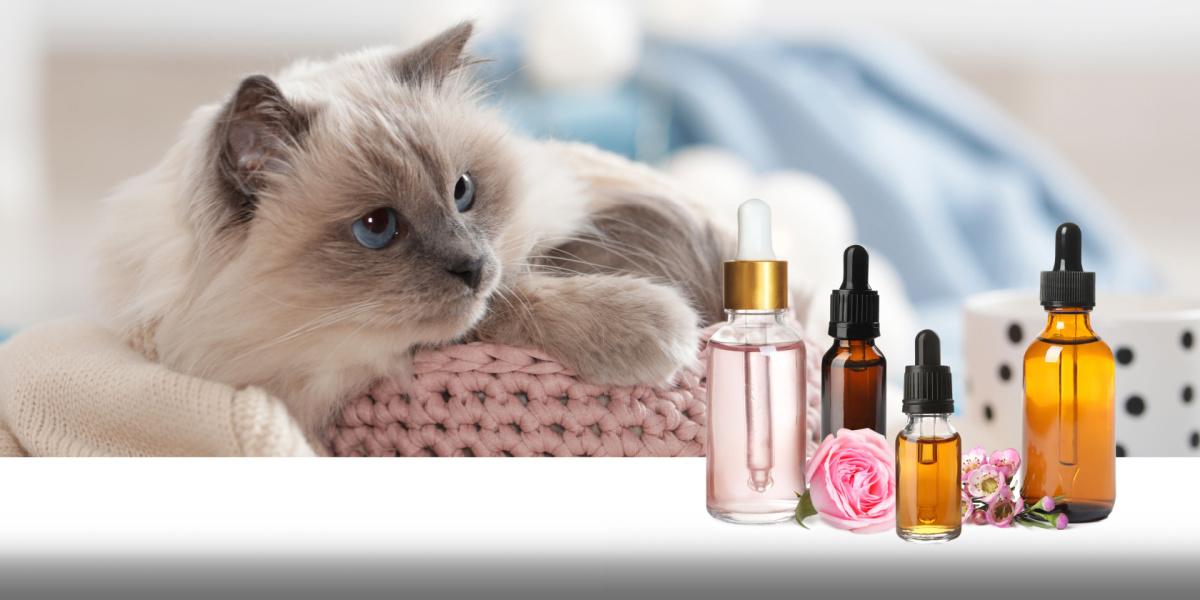
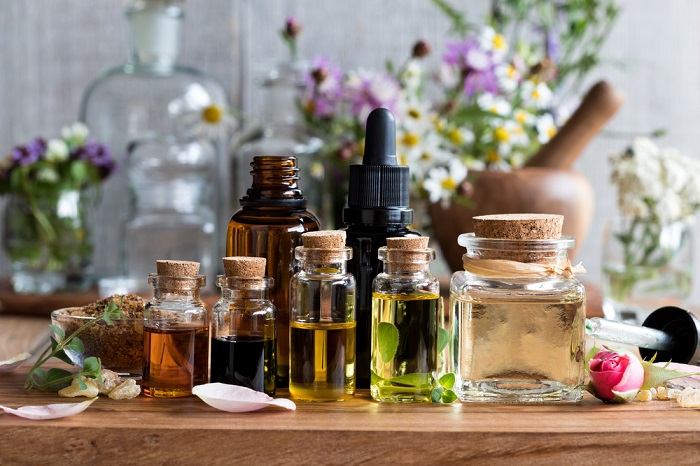
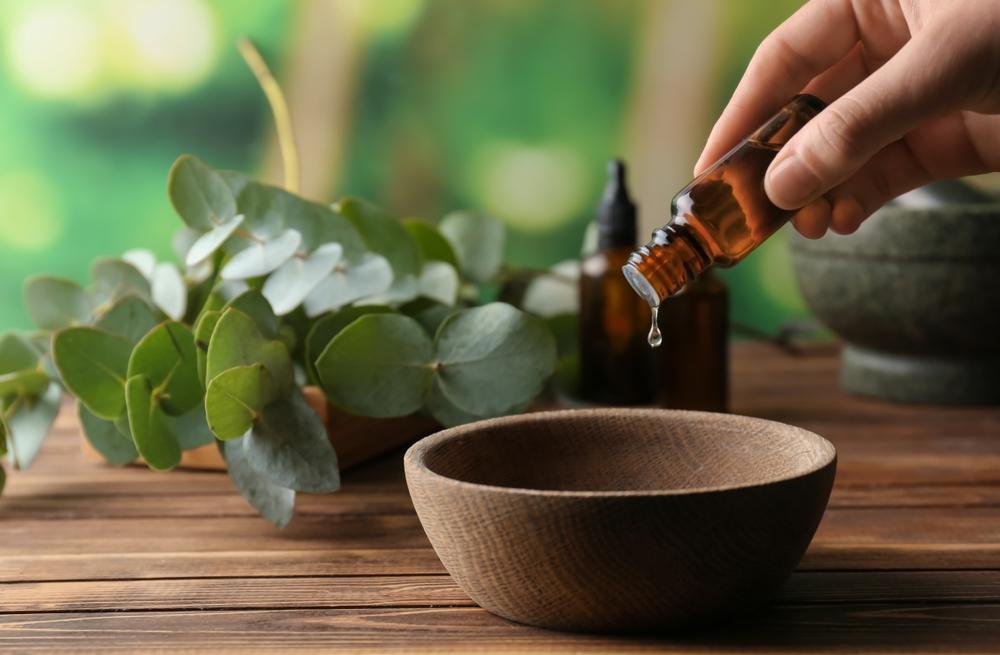
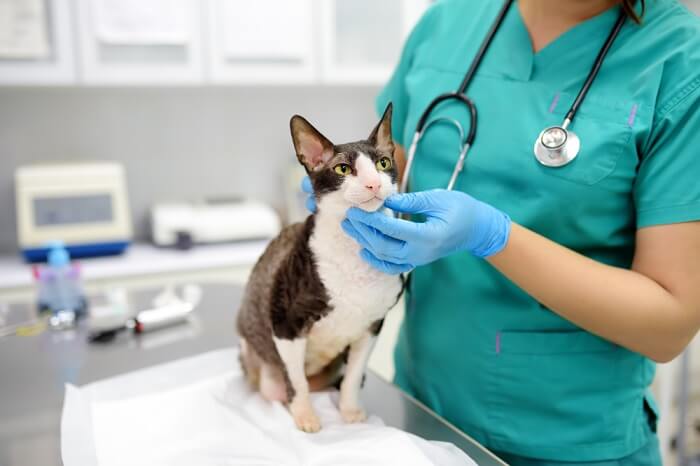






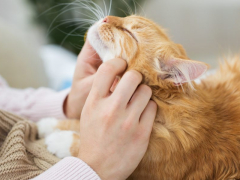
I was told that I could use lemongrass, orange and lavender oils and it will prevent them from peeing on my couch. I dilute it with water so that it is just a fine mist. Is this harmful to them?
I wouldn’t recommend it. These oils are often not particularly effective as a deterrent, and the risk, while probably not great, just doesn’t seem worth it.
What about using wax melts/warmers, such as scentsy? Are these considered safe to use around cats?
Hi Denise! It really depends on the particular wax melt you’re using and which fragrances and ingredients it uses, with essential oils tending to be the most risky. From what I understand, Scentsy melts tend to be fairly strongly-fragranced, so I imagine there is some risk of irritation.